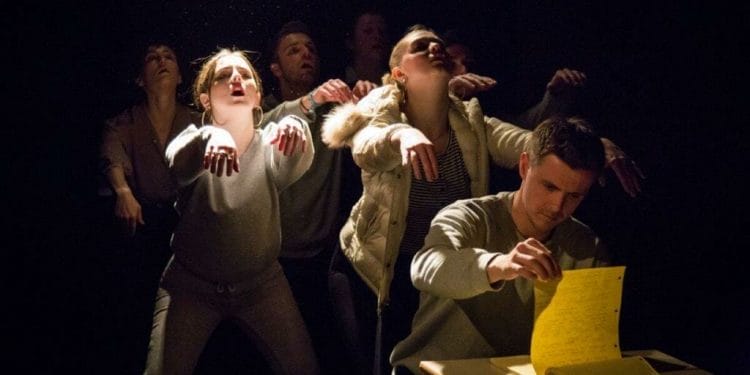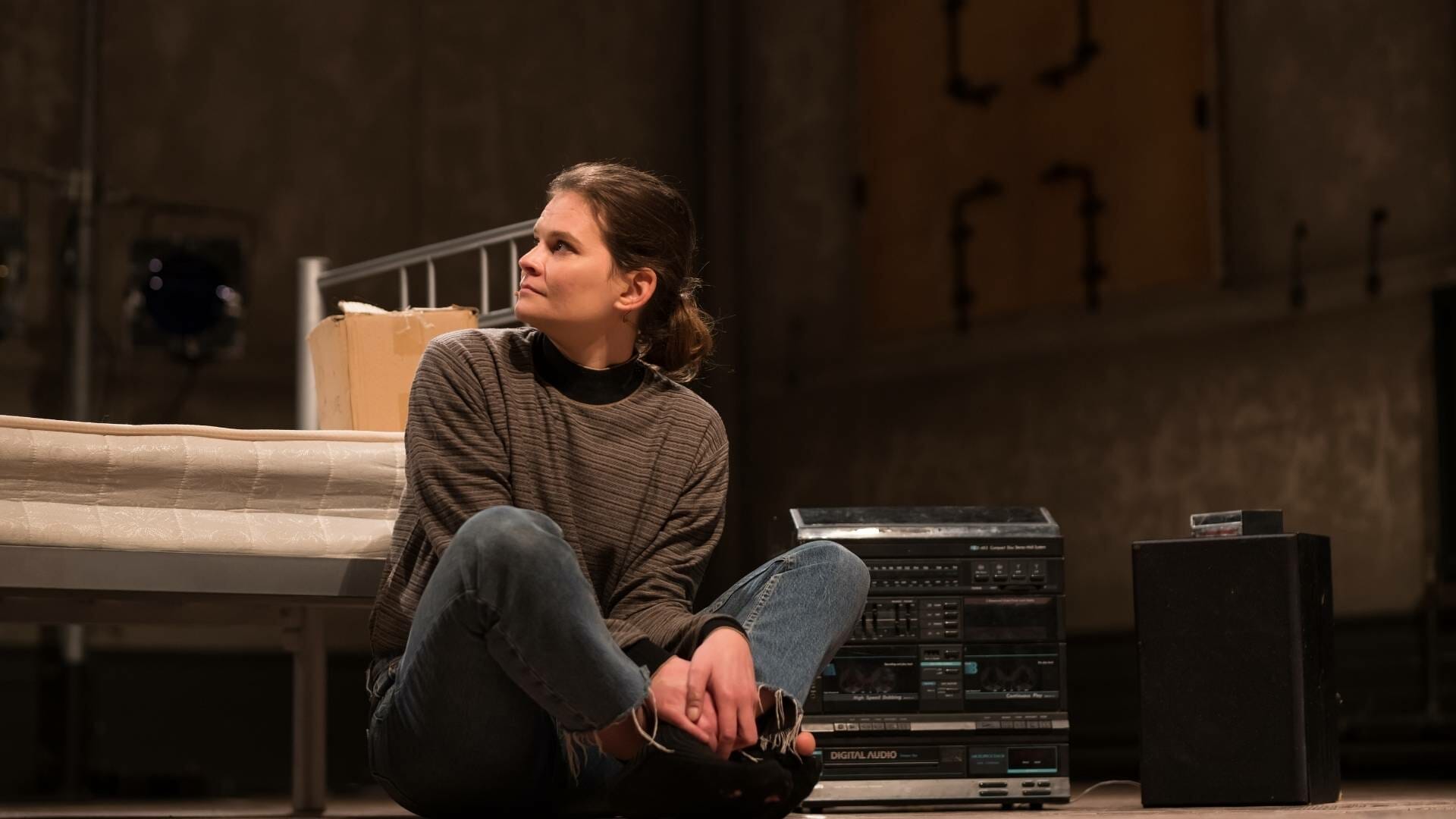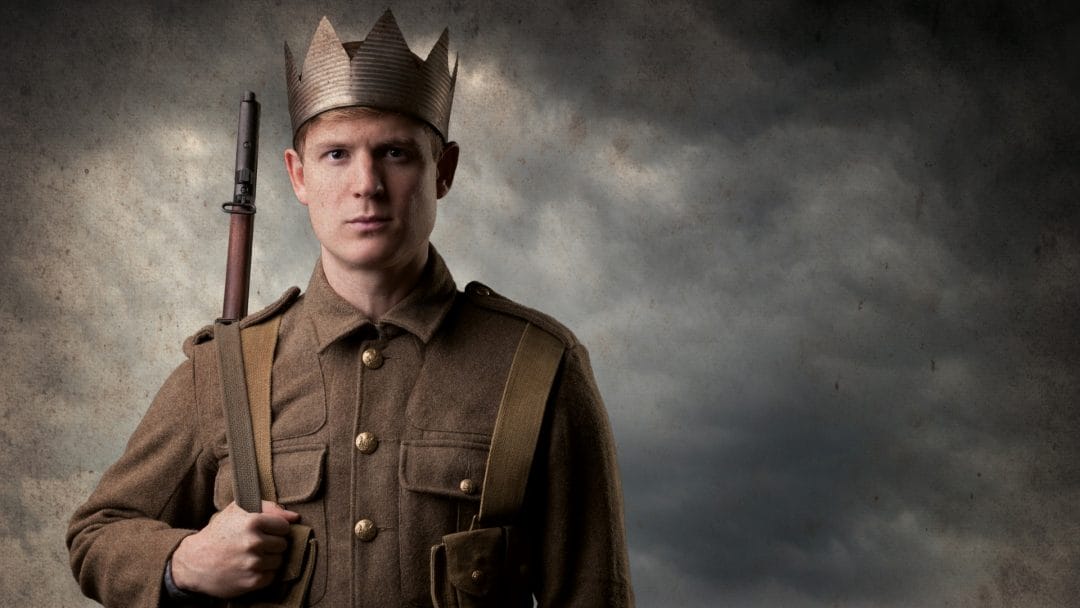 Running as part of Reading Fringe’s online festival, Nothing to Perform’s Grip gives definition to the term ‘working class theatre’ in a gritty and deeply compelling hour of drama. The play originally ran at the Tristan Bates theatre last year and was recorded by LIVR, meaning this isn’t a work created during lockdown, but the show that audiences actually saw.
Running as part of Reading Fringe’s online festival, Nothing to Perform’s Grip gives definition to the term ‘working class theatre’ in a gritty and deeply compelling hour of drama. The play originally ran at the Tristan Bates theatre last year and was recorded by LIVR, meaning this isn’t a work created during lockdown, but the show that audiences actually saw.
Writer Scott Howland has created a fairly complex narrative which explores a variety of themes, many of which seem entirely relevant in the post #MeToo era. Howland also stars in the production as protagonist, Trev. As a straight white male, he bemoans what he describes as “anti-white male rhetoric”, but this working-class lad is mourning the loss of his mother, leading to nights of drinking and drugs, much to the concern of his father.
He finds commonality with Louise, who is dealing with her parent’s imminent divorce, but their worlds intersect on a night out and Trev finds himself at a police station accused of rape. The interrogation scenes, which are skilfully written to make them as traumatic for the audience as they would be for the character, expose class and gender bias as well as issues of mental health.
Grip doesn’t follow a linear format; we jump around the storyline as Trev’s world glitches and repeats around him. Moments of extreme clarity are followed by periods of disorientation. It’s very cleverly constructed, even if it does require intense concentration on the part of the audience.
We are supported by a narrator, Gaz Hayden, an intimidating figure who seems to be an integral part of the action, whilst remaining at arm’s length. Scott Howland’s performance pulsates with nervous energy, it’s visceral and blends fear and anger to great effect. As Louise, there’s a certain rawness from Emily Brown, and it’s interesting how Louise and Trev’s experiences blend together to the point we’re never sure what is happening to whom.
This device feeds in to the overarching notion of how reliable memory is, and how it can be influenced by everything from experiences to drugs. How much of these constantly replaying memories are real is up for debate, even by the end, and again the interrogation scenes bring this further to life.
Some of the most engaging scenes are between Trev and his father, both recently bereaved they struggle to overcome their own masculinity to open up and share how they are really feeling. Suppressing their emotions has damaging consequences, “I’m listening to what you’re saying, I’m not hearing what you’re meaning” says dad.
Grip is a demanding watch, but it’s a challenge worth taking on. Director, Harriet Taylor, has created a slick production which seems to throb with tension, while developing characters at break-neck pace. The storyline raises important questions about the criminal justice system, “Nowadays with rape, you’re essentially guilty until proven innocent, not the other way round”, but they perhaps come too late to be fully explored, and it is ultimately the compelling characters which really help drive the story forward.

















